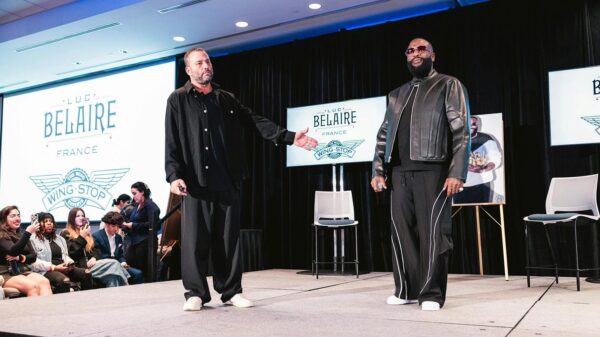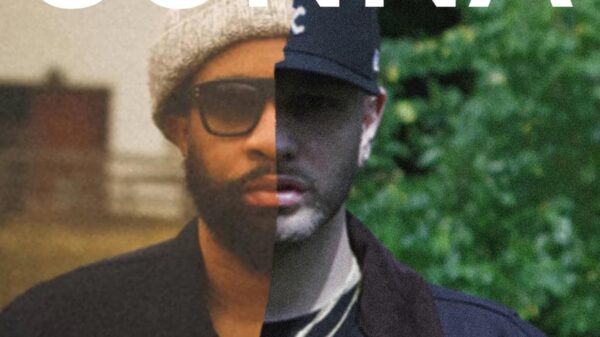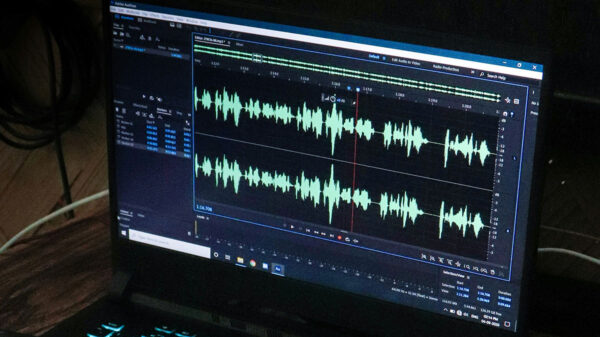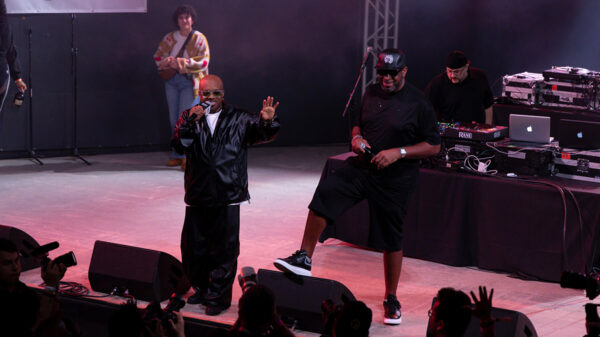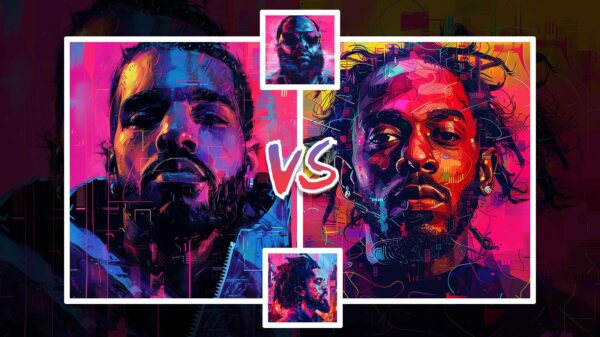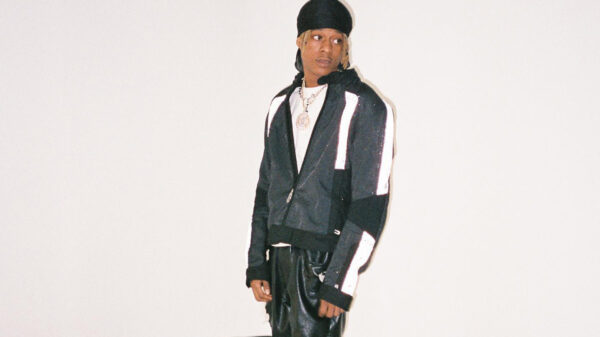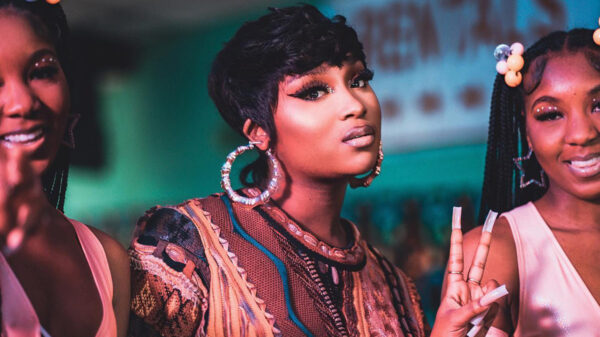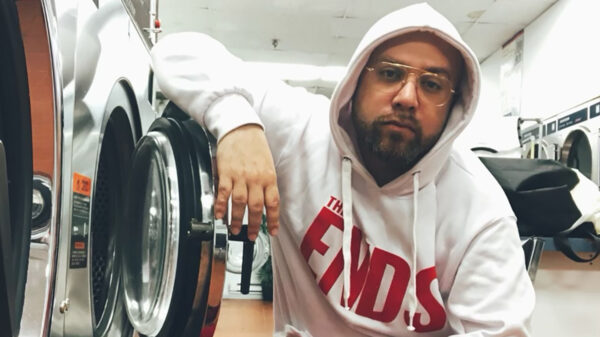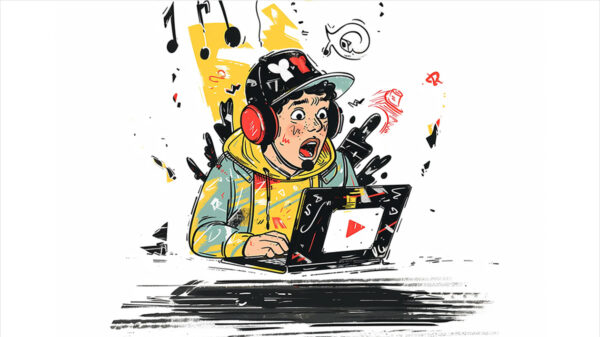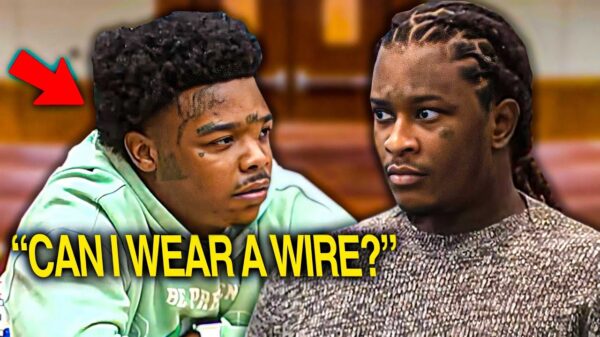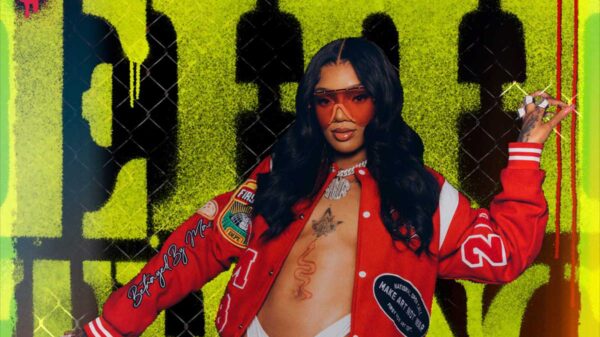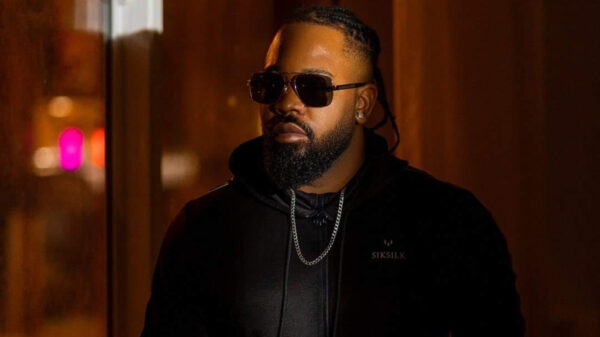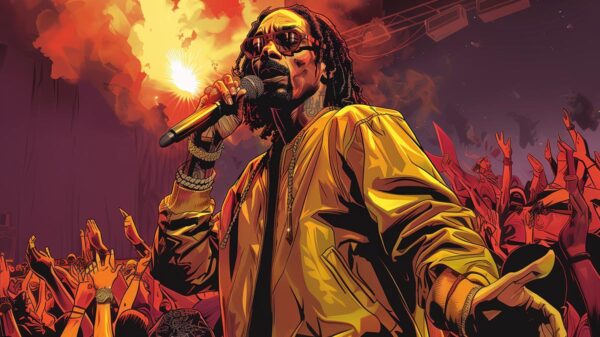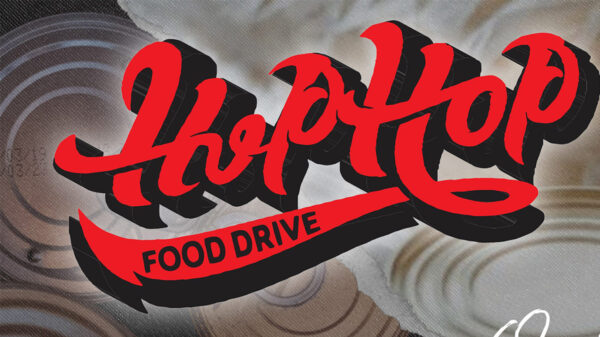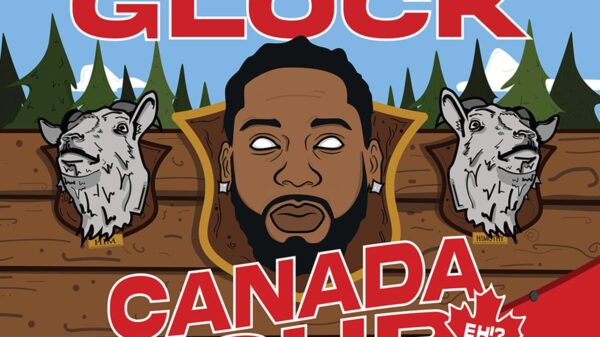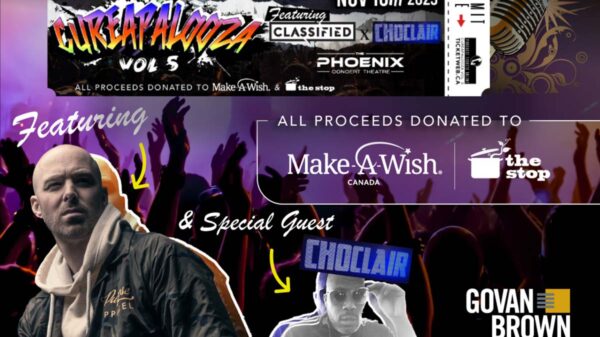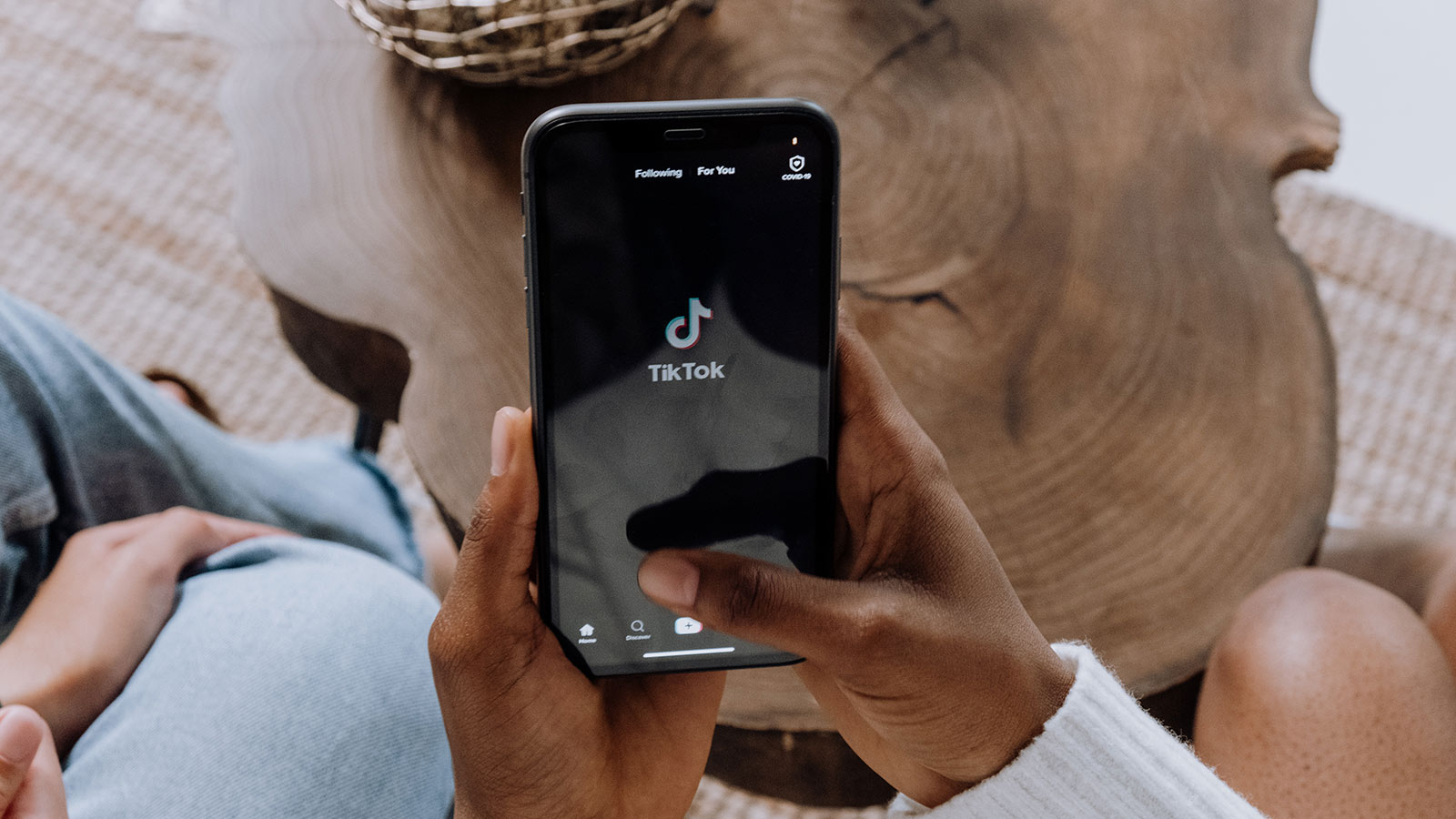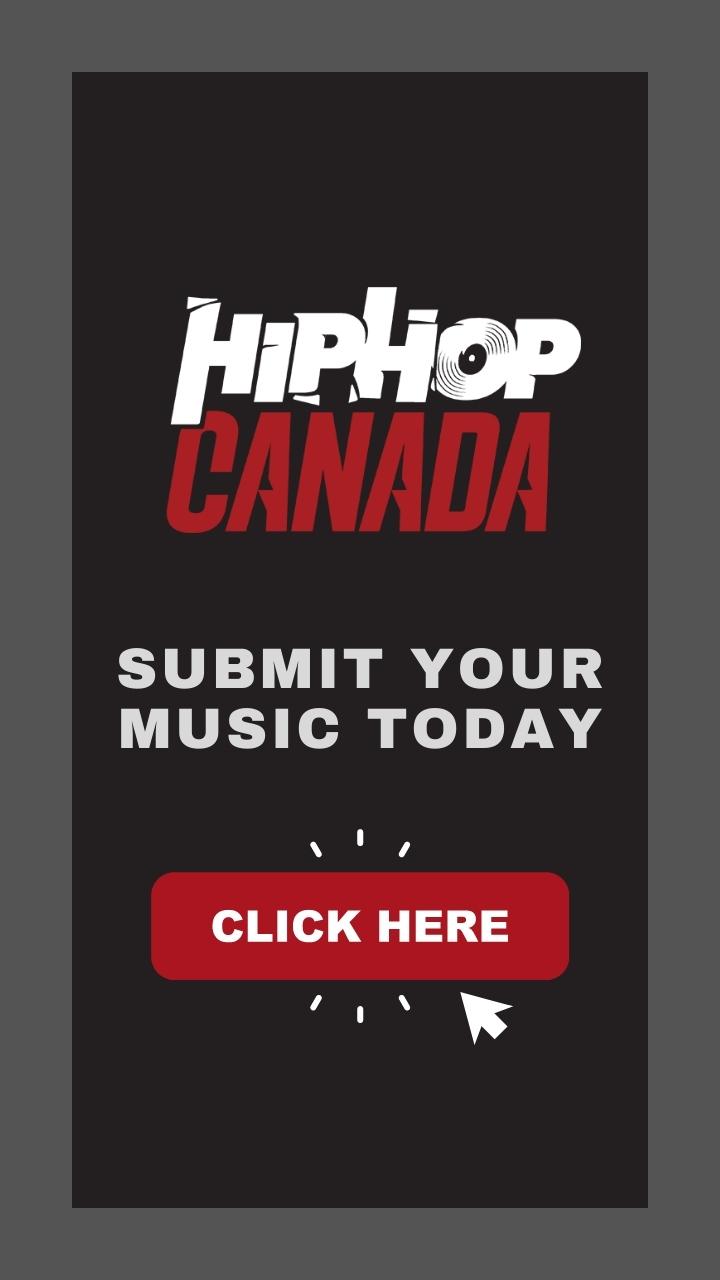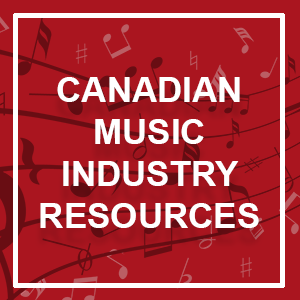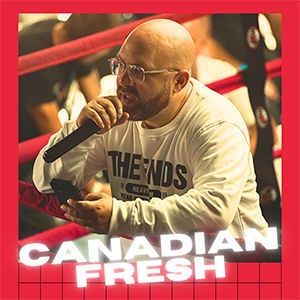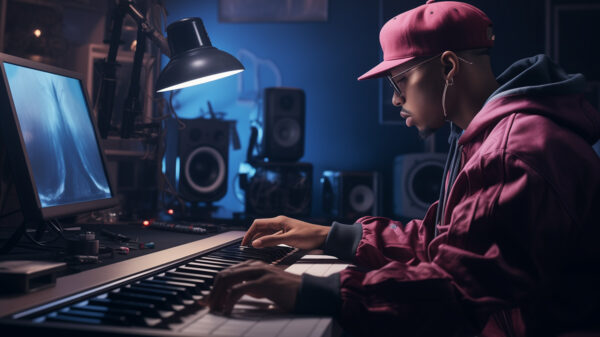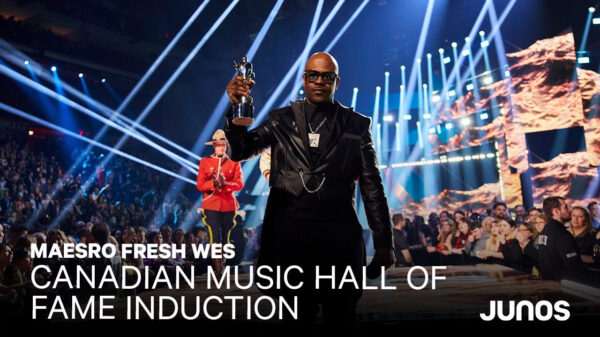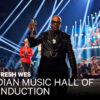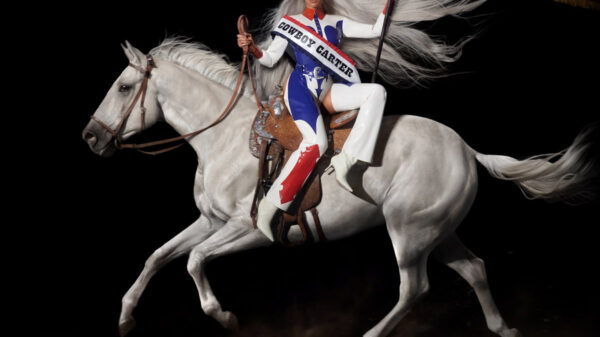It has been another bumper year for TikTok. The short-form video service has earned US$12 billion (£10.5 billion) in advertising revenue in 2022, with many of its most popular videos featuring music – available to use for free – through its audio library.
Viral TikTok videos have meant success for new and established artists alike. Take a look at any week of the Official Charts and you’re bound to see some songs that started their rise on TikTok.
It’s no surprise, then, that some industry commentators have declared TikTok “the new radio“. This claim was also made about advertising 15 years ago, when the use of music in television commercials was credited with breaking and reviving artists’ careers.
Radio has been haunted repeatedly by enquiries about “payola” (potentially illegal payments for radio play) and the power of the major music companies to control the market. Similar questions are being asked of TikTok.
Responding to viral moments
Because TikTok is a user-driven social media, choice of music can be a simple reflection of user taste.
Take American user Nathan Apodaca, for example. He was just a regular TikTok user when he posted a video of himself skateboarding, chugging juice and lip syncing to Dreams by Fleetwood Mac in 2020. But it didn’t take long for dollar signs to appear in the eyes of brand and record label executives.
Downloads and streams of the Fleetwood Mac hit went through the roof, while the maker of the brand of juice featured in the video, Ocean Spray, gave Apodaca a truck filled with bottles of cranberry juice.
Music companies dedicated staff to TikTok promotion and the app soon became a central promotional strategy for record labels and artists. While Fleetwood Mac’s revenue from external streams and downloads increased as a result, the band didn’t profit directly from TikTok.
There is increasing pressure, too, on artists to include TikTok among their promotional tools. Teams at record labels monitor relevant activity on TikTok and organize private listening parties for popular TikTok influencers.
As songs continue to go viral unexpectedly through use by fans not on music label payroll, TikTok has become a hotbed of promotional partnerships and analysts who are trying to trying to understand how TikTok’s virality works, so that it can be harnessed more systematically.
The future of TikTok and music
After Lil Nas X’s breakout single Old Town Road topped the 2019 charts on the back of the “yeehaw challenge” (where users created videos showing them changing into cowboy gear at the moment the song’s beat dropped), TikTok’s role as a key component of the music economy became clear.
Exposure to large audiences can have enormous value for musicians – a belief that underpinned the MTV model 40 years earlier, which ushered in the era of the slick, expensive promotional videos – though in the case of TikTok videos record labels and artists do not benefit proportionally from the increased revenue.
TikTok pays the “Big Three” record labels (Sony, Warner, Universal) and Merlin, which represents independent labels and distributors, a flat fee for access to their catalogues. They insist that the platform is a promotional complement to music listening.
Debates about royalty splits are likely to heat up. In March, TikTok launched SoundOn, which allows artists to bypass labels and earn royalties by uploading music directly to the platform. There are rumours that the company is preparing to launch a competitor streaming service – TikTok Music.
With a history of controversies involving censorship and ethical violations, however, the China-based company is unlikely to offer a fairer deal or more transparent process than established streaming services such as Spotify or Apple Music. Tencent Music Entertainment, the leading streaming company in China, pays out around USD$0.00015 (£0.00012) per stream, just 3.4% of what Spotify pays.
What does this mean for artists?
Only some songs hit the sweet spot for TikTok. Its algorithms favour videos featuring challenges, simple choreography and straightforward messages.
When the app does accommodate less typical genres, such as protest music, potential meaning is compromised by the promotional nature of the format. Users are free to pair a song with unrelated hashtags and brand partnerships, which may not be consistent with a song’s original meaning.
Commercial radio normalized popular music’s relationship to advertising. But the collapse between content and advertising exemplified by TikTok prompts us to consider how music making and music listening are shaped by promotional contexts.
When music is valued as interchangeable content, rather than as artistic expression, it’s worth remembering, to paraphrase Fleetwood Mac, what we had and what we lost. How we purchase and listen to music is changing – and not always for the best.
As TikTok has risen in importance, state-supported media such as the BBC – often an important space for independent bands and less popular genres – have been threatened with budget cuts.
If we want a media environment that can support a wide range of sounds and messages, the growing power of a single, commercial company such as TikTok is cause for concern.
Written by Bethany Klein, Professor of Media and Communication, University of Leeds
This article is republished from The Conversation under a Creative Commons license. Read the original article.
![]()
5 Ways to Support HipHopCanada:
- Submit Your Music
- Follow Canadian Fresh (HipHopCanada’s Spotify Playlist)
- Follow us on Instagram
- Follow us on X (Twitter)
- Like us on Facebook





